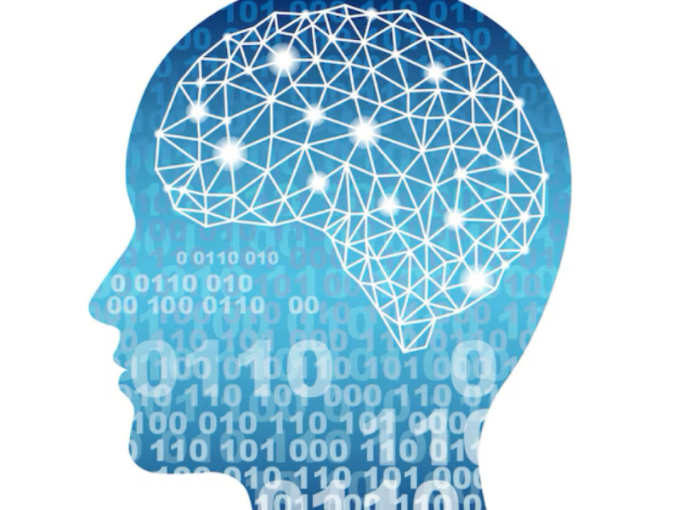- IQ tests often include pattern recognition as a major component for evaluating intelligence.
- While important, pattern recognition is not the sole determinant of IQ, as other cognitive skills also play key roles.
____________
Understanding the connection between IQ and pattern recognition
The question “Is IQ based on pattern recognition?” has sparked debate among psychologists and educators for years. Pattern recognition, the ability to identify and understand recurring sequences or structures, is a vital skill measured in many IQ tests. From solving visual puzzles to decoding logical sequences, these tasks often rely on recognizing patterns. However, while this skill is crucial, IQ encompasses more than just pattern recognition. Intelligence tests also assess memory, problem-solving, reasoning, and linguistic abilities, making it a multifaceted measure of cognitive capacity.
Also read: 6 methods of pattern recognition
Why is pattern recognition important in IQ tests?
IQ tests use pattern recognition to assess:
- Logical reasoning: Understanding relationships in data, symbols, or sequences.
- Problem-solving skills: Finding solutions based on observed trends or recurring elements.
- Abstract thinking: Identifying patterns without concrete or visual clues.
These tasks are central to measuring fluid intelligence, which refers to the capacity to solve new problems without relying on prior knowledge.
Is IQ solely about pattern recognition?
While pattern recognition is a key aspect, it does not define IQ entirely. Other elements include:
- Verbal comprehension: The ability to understand and use language effectively.
- Working memory: Retaining and manipulating information to complete tasks.
- Mathematical reasoning: Solving problems using numerical concepts.
- Processing speed: Quickly interpreting and reacting to information.
These factors show that IQ is a broader construct, incorporating various cognitive abilities beyond pattern recognition.
Also read: Is speech recognition machine learning?
Why does this matter?
Understanding the role of pattern recognition in IQ tests helps us appreciate the complexity of human intelligence. It also highlights the importance of developing diverse skills rather than focusing on a single type of ability. For instance, pattern recognition is heavily used in fields like programming and data science, while verbal and memory skills might be more relevant in literature or history.
So, is IQ based on pattern recognition? The answer is both yes and no. While pattern recognition plays a critical role in assessing certain cognitive abilities, IQ is a multidimensional construct that includes reasoning, memory, and verbal skills. A holistic view of intelligence goes beyond patterns, capturing the richness of human cognitive potential.

